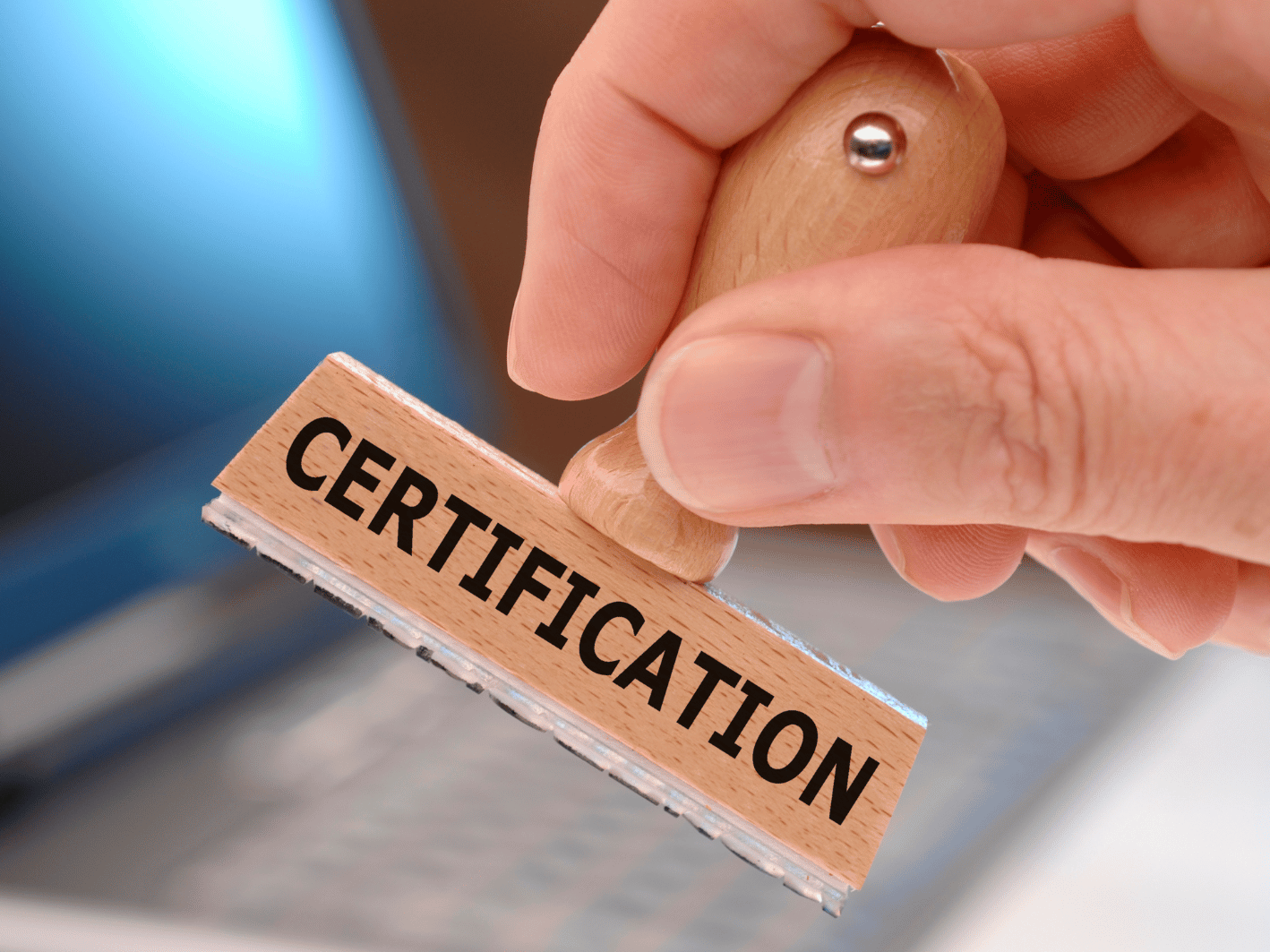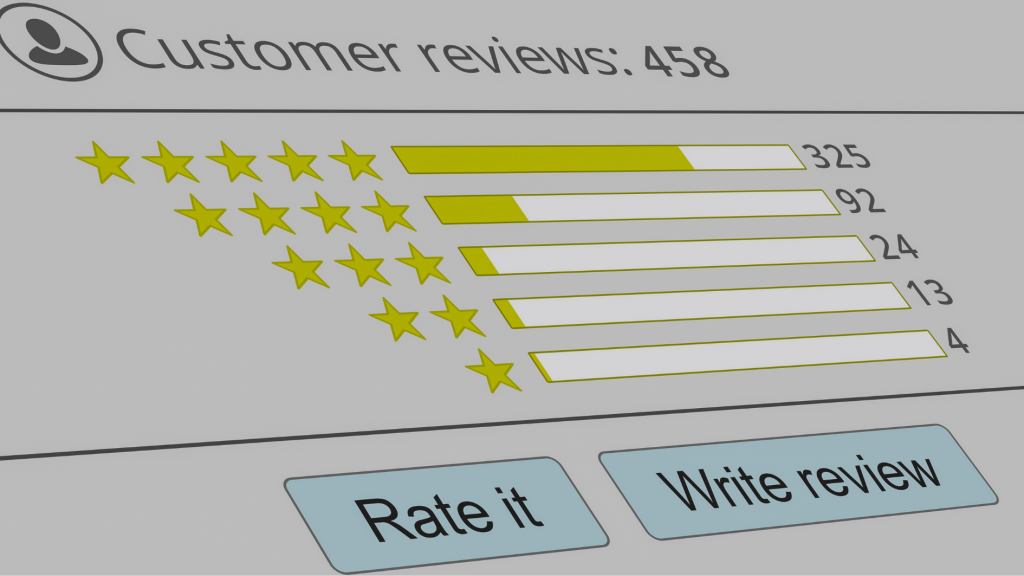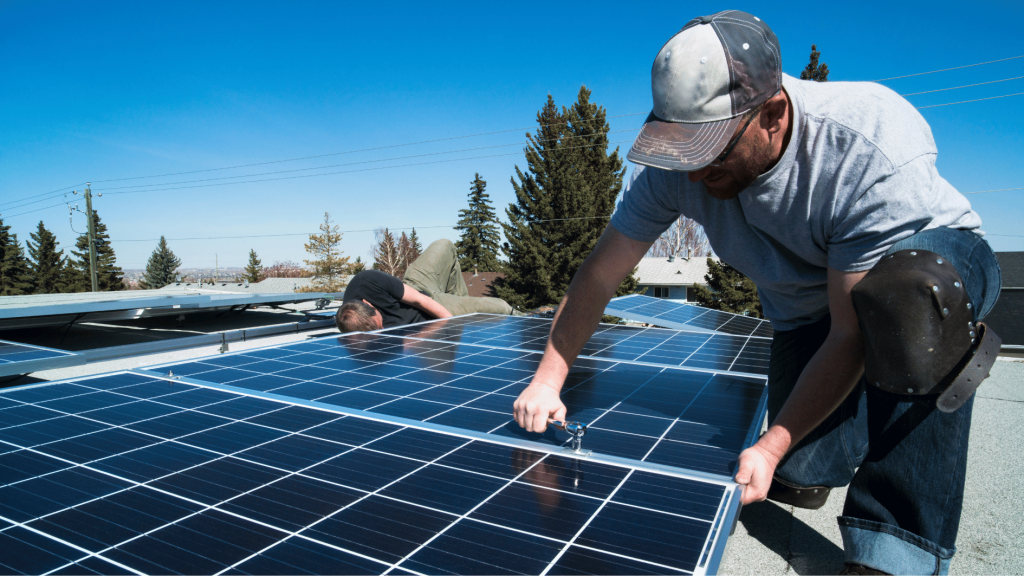Image source: Canva.com
As solar energy becomes an increasingly popular option for homeowners and businesses, choosing a reliable solar installer has never been more important. A trusted installer ensures a smooth process and long-term satisfaction. But with so many options, how do you separate the professionals from the amateurs? Here are key checkpoints to help you identify a reliable solar installer:
Verify Credentials and Certifications
A reputable solar installer should hold the appropriate licenses and certifications. Look for credentials such as:

- NABCEP Certification: The North American Board of Certified Energy Practitioners is a gold standard in the solar industry.
- State-Specific Licenses: Depending on your location, these might include electrical contractor or general contractor licenses.
- Manufacturer Training: Certifications from solar equipment manufacturers indicate the installer is trained to handle specific products.
Evaluate Experience and Track Record
Experience matters in the solar industry. Ask these questions to gauge their expertise:
- How long has the company been in business?
- How many systems have they installed?
- Can they provide references from recent projects?
Look for a portfolio showcasing various installation types, such as residential, commercial, or ground-mounted systems.
Check Reviews and Testimonials
Online reviews can offer valuable insights into an installer’s reputation. Platforms like Google, Yelp, and Better Business Bureau are great starting points. Pay attention to:

- Consistency in positive feedback
- How the company addresses complaints
- Testimonials from customers who have had their systems for several years
Understand Their Warranty Policies
A reliable installer stands behind their work with robust warranties. Key warranties include:
- Workmanship Warranty: Covers installation-related issues, typically ranging from 5 to 10 years.
- Equipment Warranty: Covers defects in the solar panels and inverters, often 20-25 years for panels and 10-15 years for inverters.
Make sure the terms are clear and that they’ll assist with warranty claims if needed.
Assess Their Customer Service
Good communication is a hallmark of a professional installer. Evaluate their customer service by:

- Noting how promptly they respond to inquiries
- Checking if they provide clear, detailed answers
- Observing their willingness to customize solutions based on your needs
A professional company should offer a dedicated point of contact throughout the project.
Request Detailed Proposals
A detailed proposal is a sign of professionalism and transparency. Ensure the proposal includes:
- System Design: A layout of panel placement and system size
- Energy Projections: Estimated energy production and savings
- Cost Breakdown: Clear details on equipment, labor, permits, and additional fees
- Timeline: Expected start and completion dates
Avoid vague or incomplete proposals, as they may indicate a lack of expertise.
Verify Financing and Incentive Knowledge

A reliable installer should guide you through available financing options and incentives, such as:
They should also provide clarity on the pros and cons of loans, leases, and power purchase agreements (PPAs).
Inspect Their Safety Practices
Solar installation involves working on rooftops and electrical systems, making safety critical. Confirm they:
- Follow OSHA standards
- Have proper insurance, including liability and worker’s compensation
- Use high-quality equipment and adhere to industry best practices
Ask About Post-Installation Support

Post-installation service ensures the system continues to perform optimally. Reliable installers should offer:
- System monitoring tools
- Maintenance packages
- Assistance with troubleshooting and repairs
Trust Your Instincts
Lastly, trust your gut. If an installer seems overly pushy, avoids answering questions, or makes promises that seem too good to be true, proceed with caution.
Finding a trustworthy solar installer takes time, but the effort is well worth it. By following these checkpoints, you’ll ensure your transition to solar energy is smooth, cost-effective, and satisfying for years to come.





